Southern Lands
Olverston House, Dunedin. Home of the Theomin family until 1966 when it was bequeathed to the City of Dunedin by Dorothy Theomin. Copyright 2007 Bill Nichols Photography, courtesy Olveston Historic House
Writer Cheryl Sucher introduces us to a number of significant Jewish pioneers and personalities that have helped to create this southernmost island community of Jews in the world.
West Coast and Otago goldfields were a lure for Jewish pioneers. The earliest South Island Jewish settlers’ entrepreneurial vision, philanthropic inclinations and political commitments supported the congregations in Christchurch and Dunedin, which continue to this day. They nurtured noteworthy citizens whose significant contributions to their nation’s political, educational, commercial and artistic identity were greatly disproportionate to their numbers.
Distinguished pioneers include London-born Charles Louisson (1842-1942), Christchurch city councillor for seven years and mayor in 1888-1889 and 1898-1899, and Samuel Shrimski (1828-1902), an active public figure for many years: an Oamaru borough councillor in 1868 -69, mayor in 1874-1875, and member of the House of Representatives, serving four consecutive terms. He often alluded to the predicament of Jews, and was a vocal supporter of society’s underdogs. Shrimski fiercely opposed the 1896 Asiatic Restriction Act, which imposed a draconian £100 poll tax (equivalent to six years earnings) on Chinese.
The most influential individual from early Dunedin was Julius Vogel (1835-1899), a founding editor of the Otago Daily Times, a provincial councillor, colonial treasurer and premier, as well as a novelist and playwright. One of Dunedin’s most public-spirited businessmen was David (Edward) Benjamin (1852-1933), later Theomin. Born in Bristol, the son of an Orthodox rabbi, he founded D. Benjamin and Company, a general importer and wholesaler, and the Dresden Pianoforte Manufacturing Company, a leading supplier of musical instruments. The Hallenstein family is one of the best known in the history of New Zealand’s clothing industry. Originally from Germany, in 1825 Reuben Hallenstein and his brothers built New Zealand’s first clothing factory in, Dunedin, in 1874.
A significant group of refugees from Hitler relocated in Dunedin. They included talented physicians and medical professionals, accomplished musicians, entrepreneurs and academics. Refugee doctors and dentists were required to retrain at the University of Otago Dental and Medical Schools. The hostility and professional jealousy displayed by the British Medical Association ultimately resulted in further refugee doctors being blocked from entering the Medical School after 1939 (see Chapter 9).
There were also distinguished Jewish citizens in Southland. For example, Abraham Wachner (1892-1950), the first New Zealand Jewish man to be wounded at Gallipoli, became a valuable member of the Invercargill City Council in 1938, the city’s deputy mayor in 1941, and its mayor from 1942 to 1950. Eva (Eve) Poole, born Auerbach in 1924 in Frankfurt am Main, emigrated with her family to Palestine in 1935. There she met New Zealand Army Officer Vernon Poole. In 1944, she arrived in Wellington. For 20 years she taught drama. In 1971 she became the first woman elected to the Invercargill City Council. She was elected mayor in 1983, and re-elected in 1986, 1989 and 1992.
John Key (b. 1961), served as the 38th Prime Minister of New Zealand from 2008 to 2016, but has had little involvement with organised Judaism. Born in Auckland, his British father an immigrant and veteran of the Spanish Civil War and the Second World War, Key and his sisters were raised in a state house in Christchurch by his Austrian-Jewish mother. Neither controversial like Vogel, nor brash like Shrimski, the popular Key embodies a similar determination to work for the public good. That trait was commonly found among the Jewish pioneer settlers who came to New Zealand seeking freedom to prosper and live in equality under the law.
Cheryl Pearl Sucher is an American writer who lives between Cranbury, New Jersey and Hawkes Bay, New Zealand. An award-winning essayist, fiction writer and reviewer, she has written about The Southernmost Jewish Community in the World for Random House NZ’s JEWISH LIVES IN NEW ZEALAND.
This article first appeared on the Jewish Online Museum which was our founding website.
©Jewish Lives 2021


